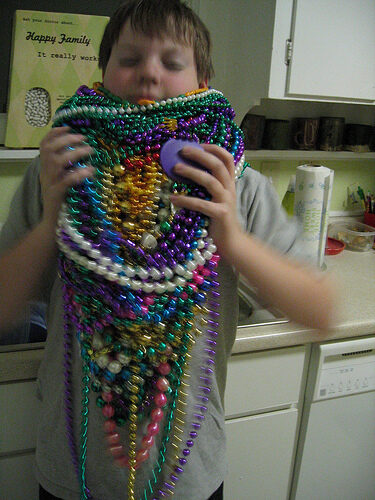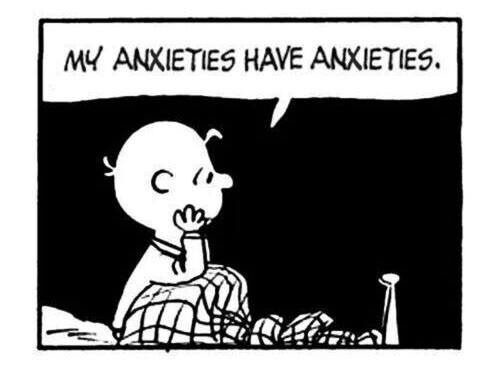After your loved one receives a diagnosis of Autism, people may bombard you with (possibly unsolicited) advice for next steps. One such step you may actually want to consider is to seek the services of a Speech-Language Pathologist (SLP).
Category: Accommodations
Autistic people process our senses differently, and that’s okay! Autism makes us who we are, and sensory processing is an important part of being autistic. People should try and understand autism and how it makes us different, instead of trying to change us.
Autistic children endure a lot of ‘behaviour analysis,’ usually done by non-autistic people who are not trained to interpret autistic behaviour and motivation.
There are far too many examples of autistic people being arrested or sectioned, let alone reprimanded or ostracised, for having a meltdown—a reaction to difficulty and stress that is normal to our way of being, but not nearly well enough understood by others.
“When an academic writes accurately about aspects of autistic lived experience in their research, some people grumble. “All they needed to do was ask me and I would have told them,” some will say.”
The next time you are tempted to tell an Autistic person their interest is silly, trivial, a waste of time, weird, or pointless, stop—and remember why we love what we love. We are somebody, too, and we must be respected, protected, and never rejected.
It’s important to remember that when an autistic person is struggling or having aggression, they are not being “bad” or trying to do something to you personally—even though it can feel like that, especially if they’re screaming at you or making you angry.
When you help me cope with a meltdown and when you help create an environment that helps me avoid meltdowns, you are helping to build a kinder, gentler world that has room for everyone, no matter what kind of nervous system they have.
Sometimes people try to get your attention by doing things that can appear to be aggressive, but they’re really saying, “I have a problem, and I need help.”
How many anxious people are not getting helped because access to mental health services is blocked by the lack of accommodation for the very issue that brings them seeking services in the first place?









